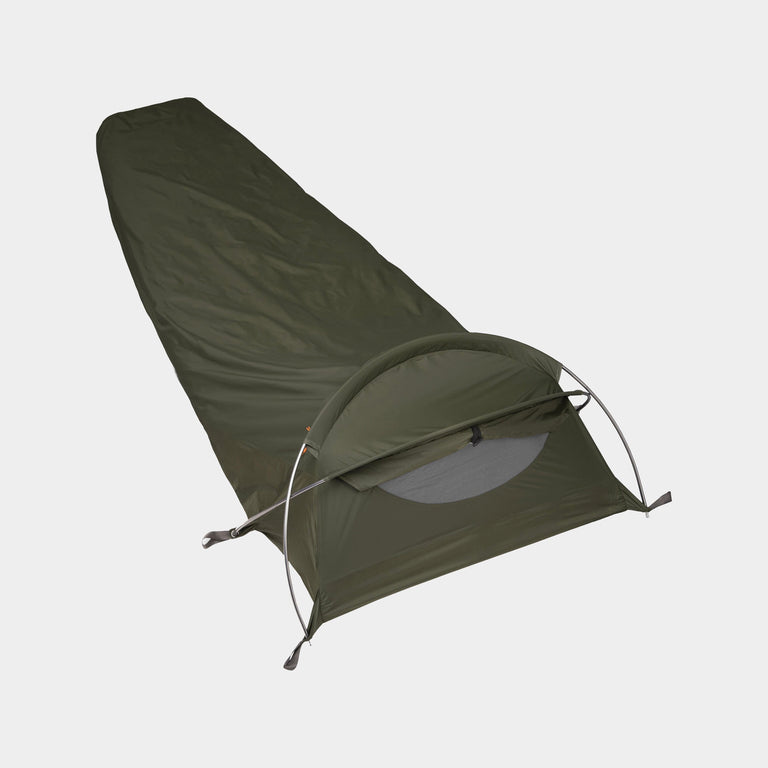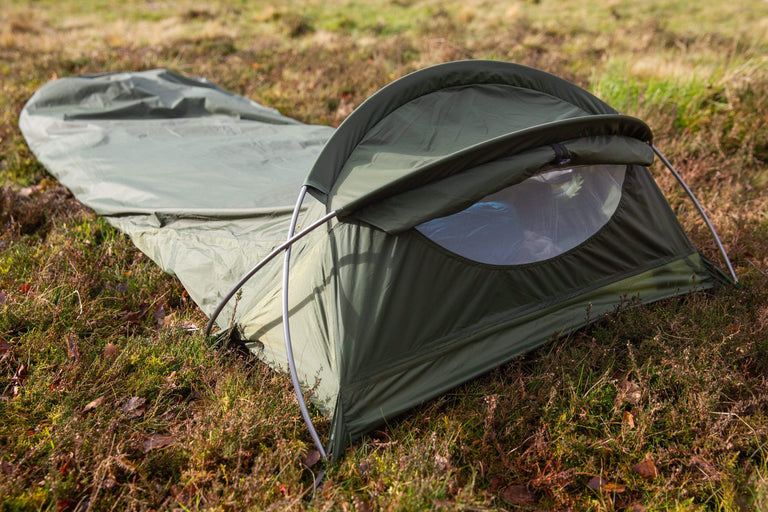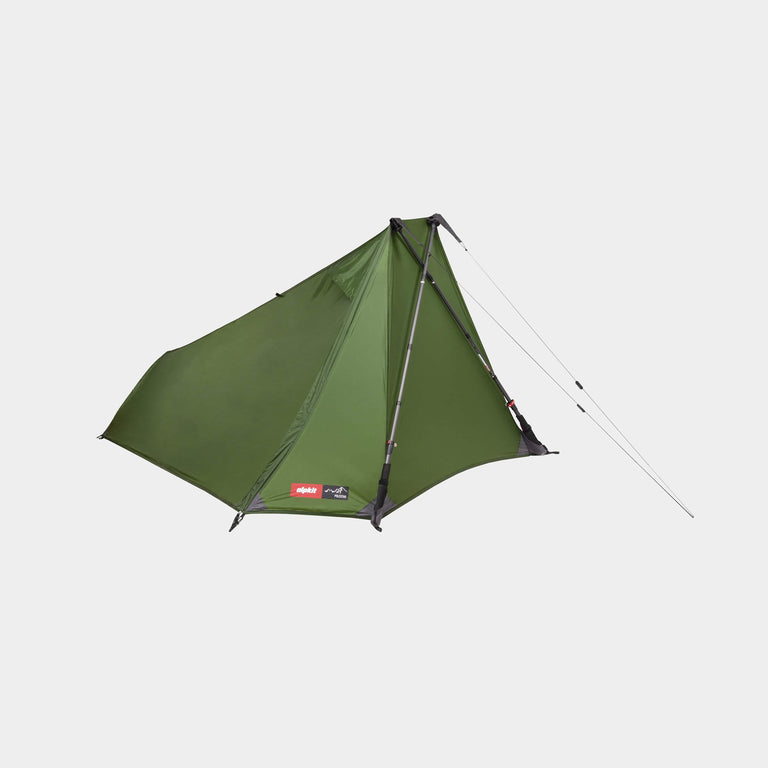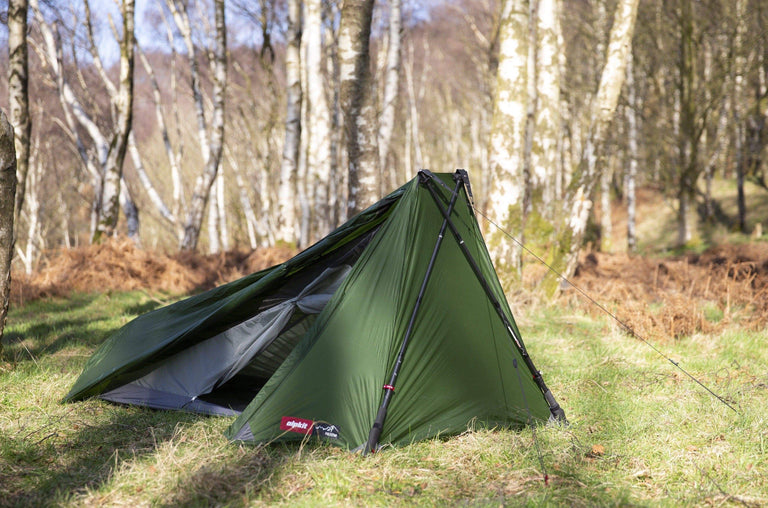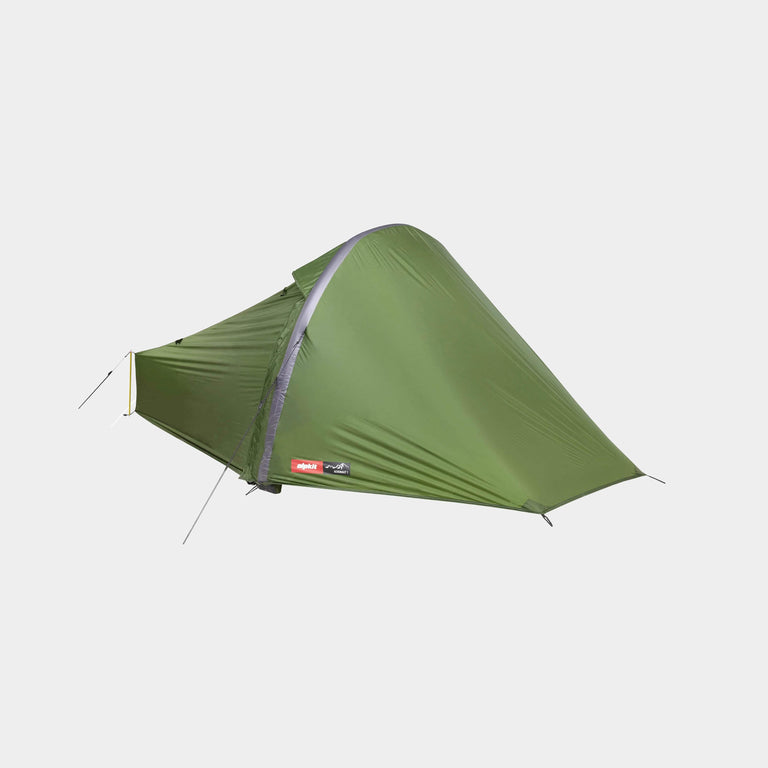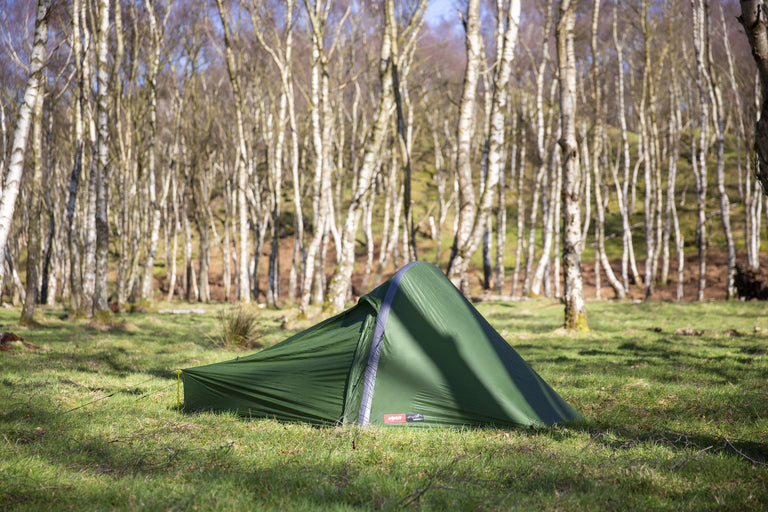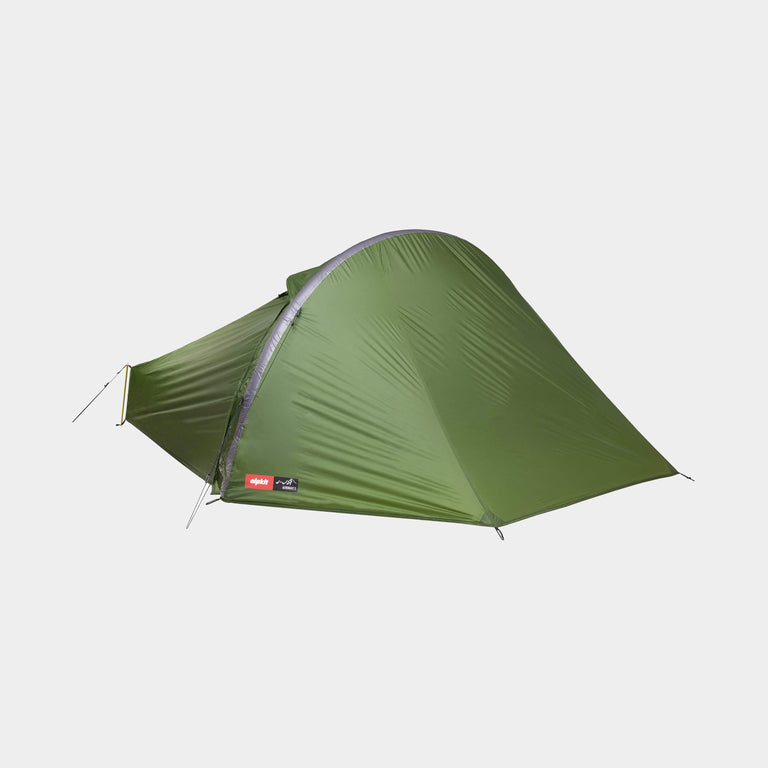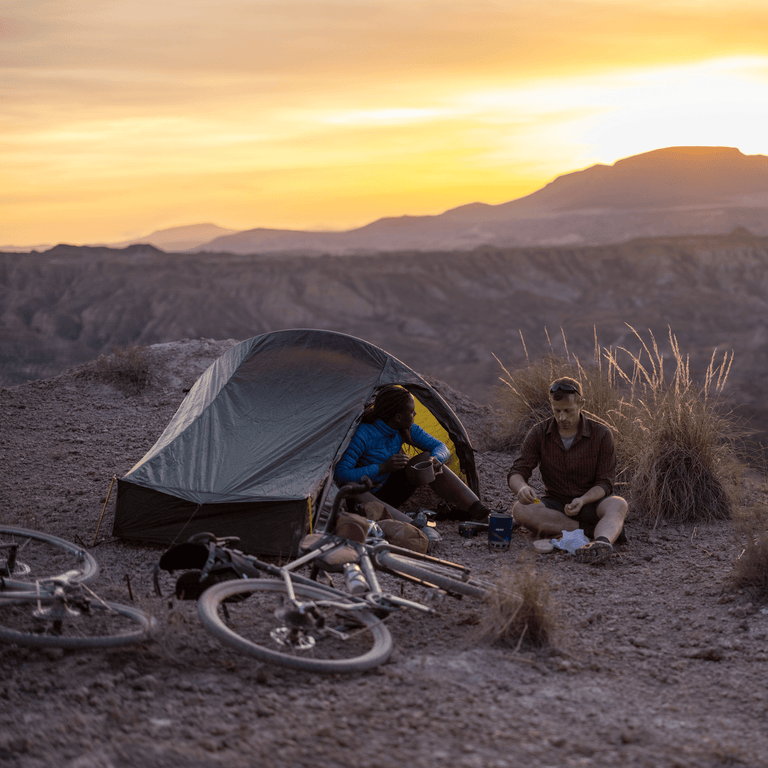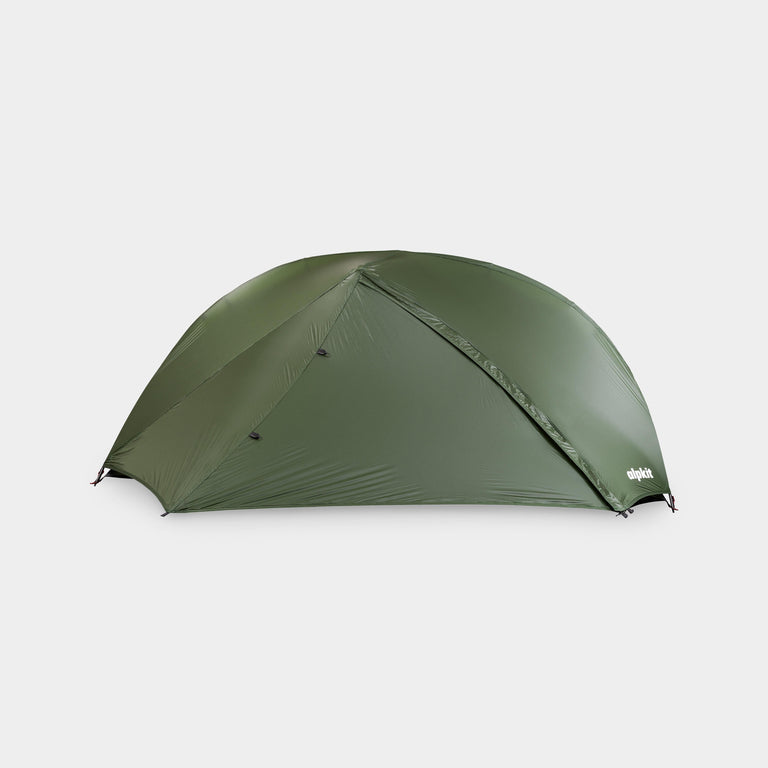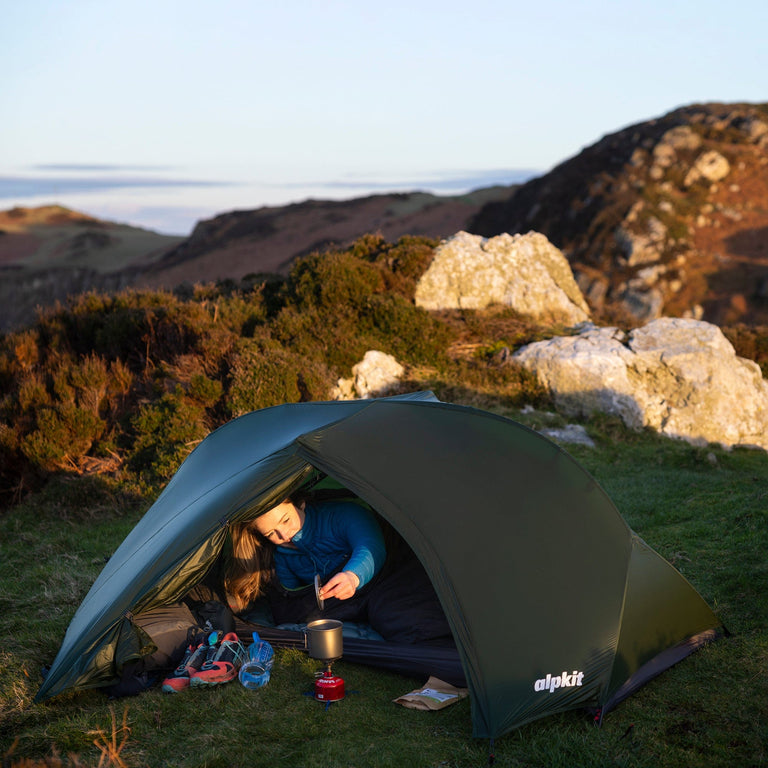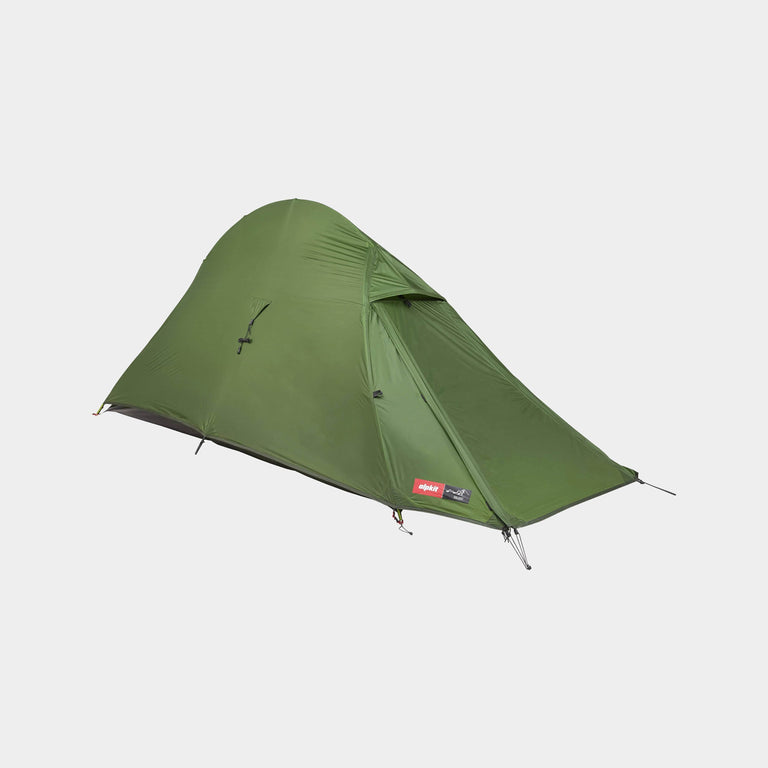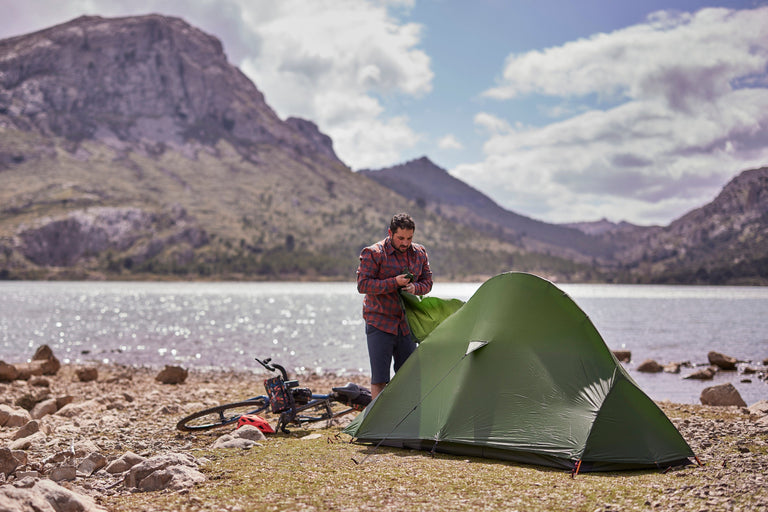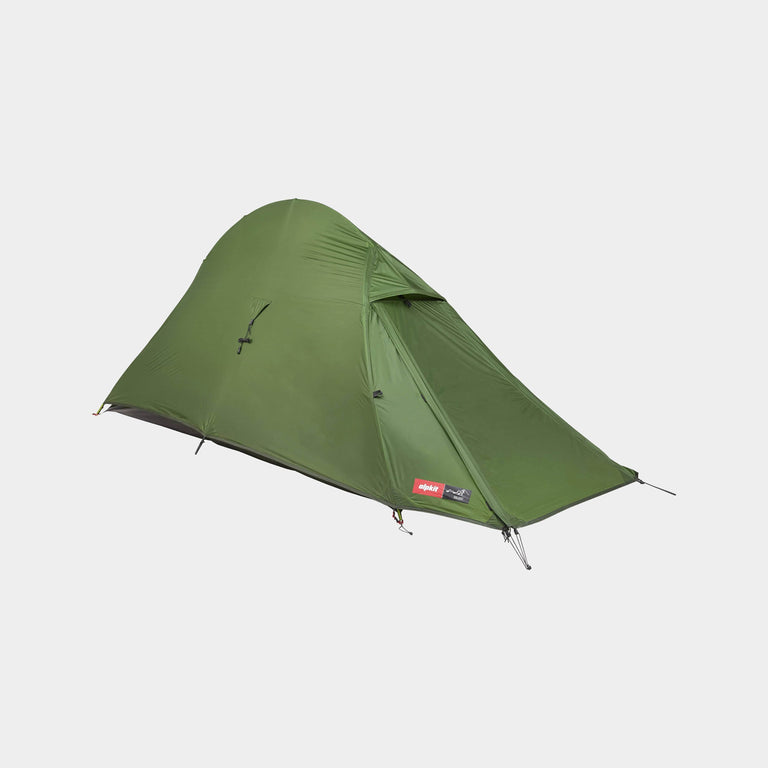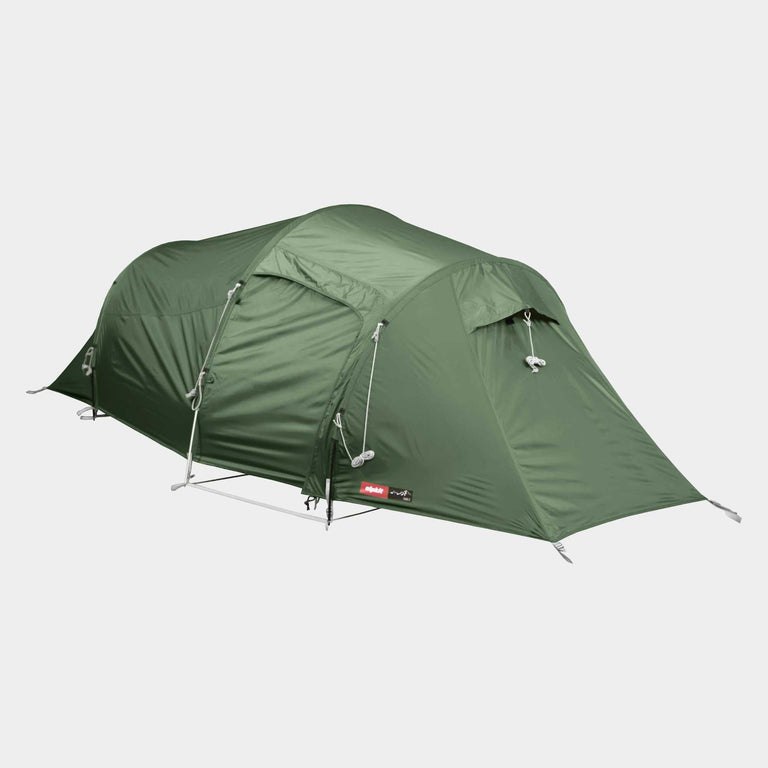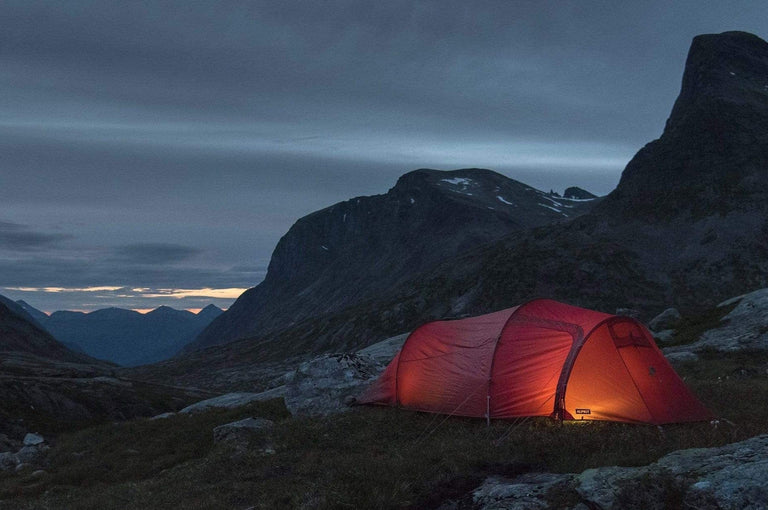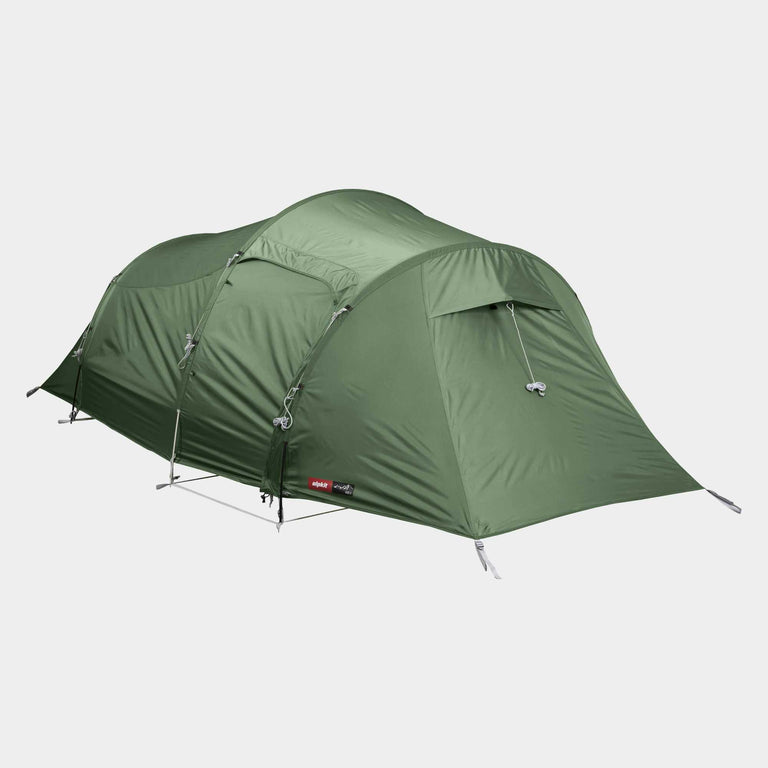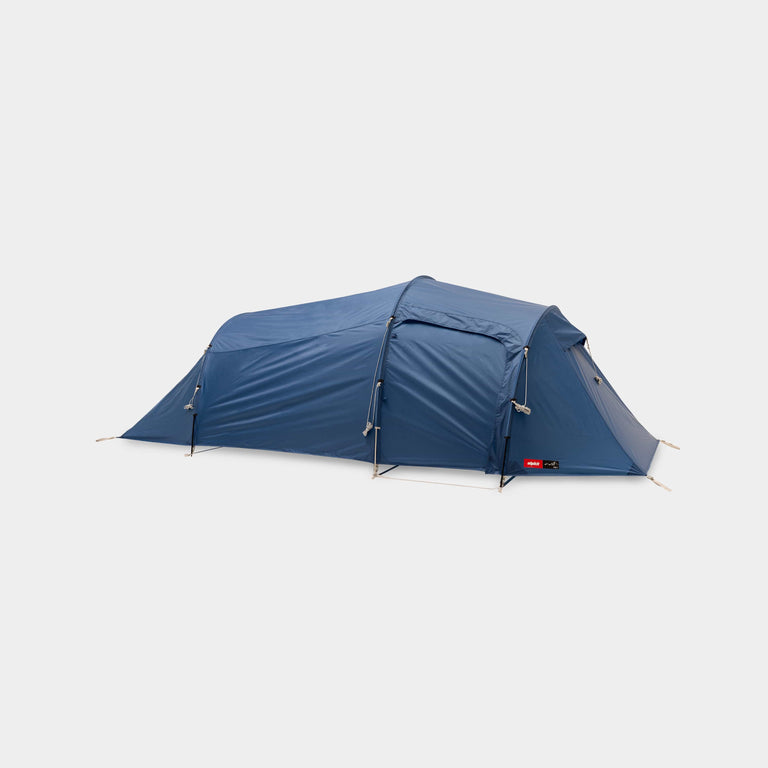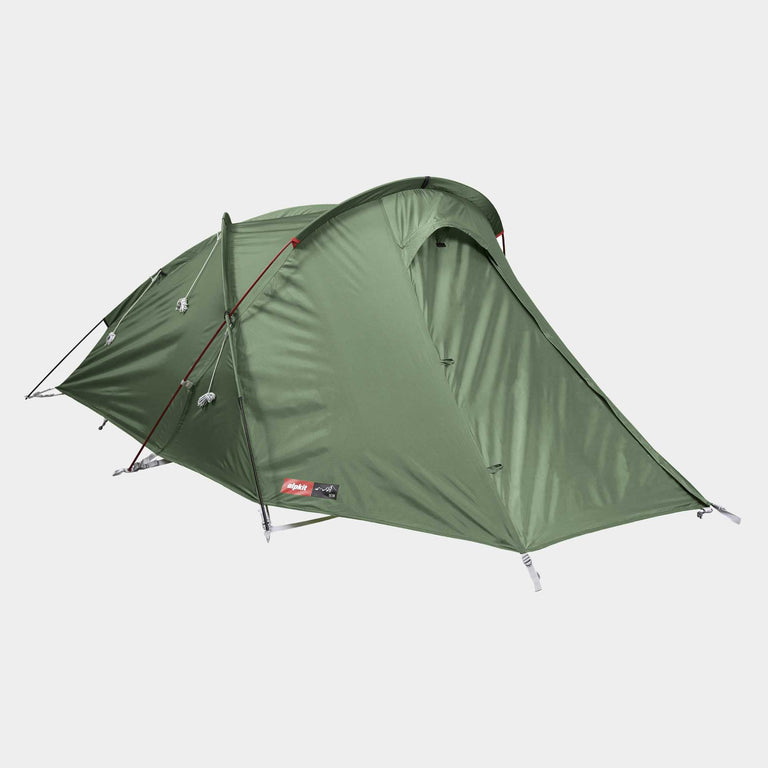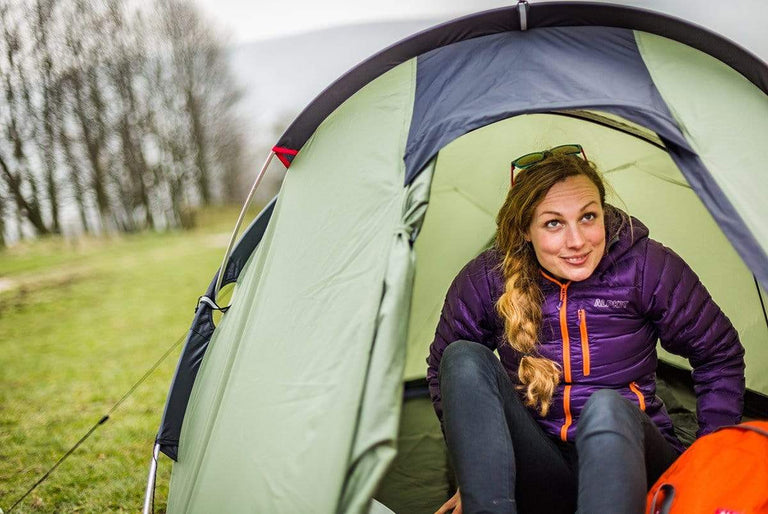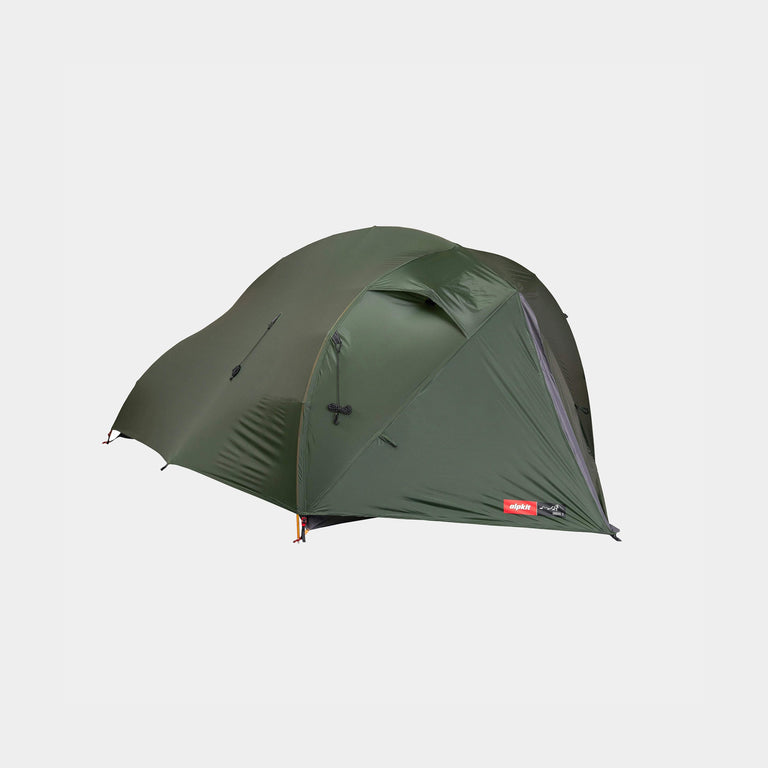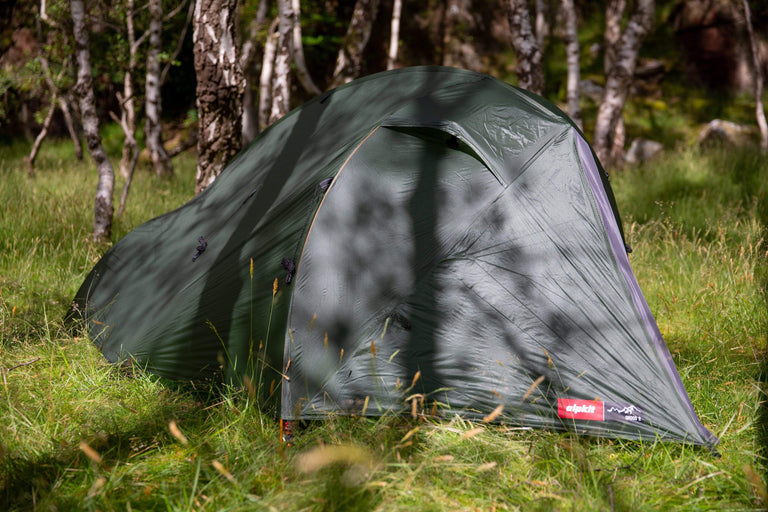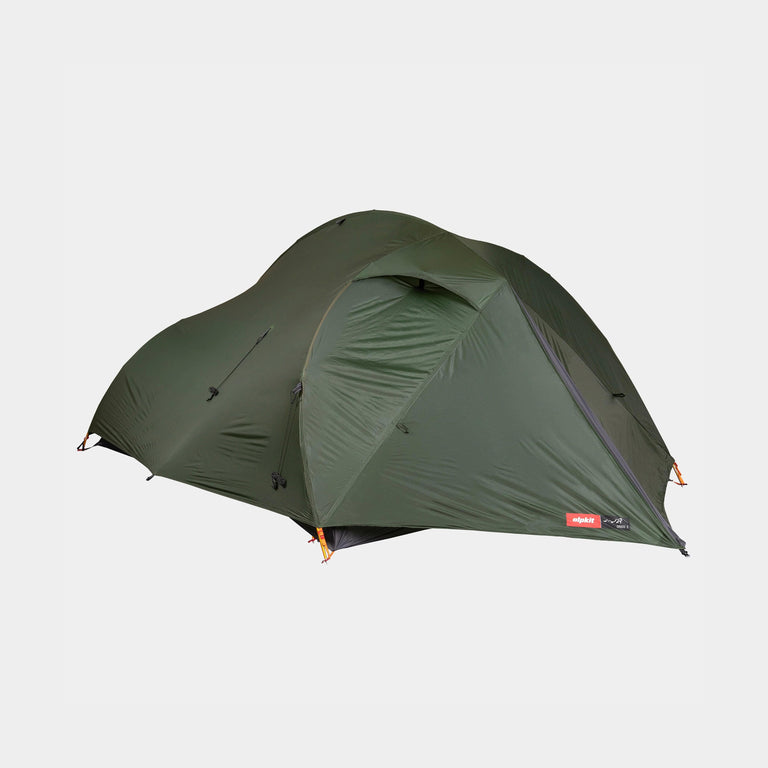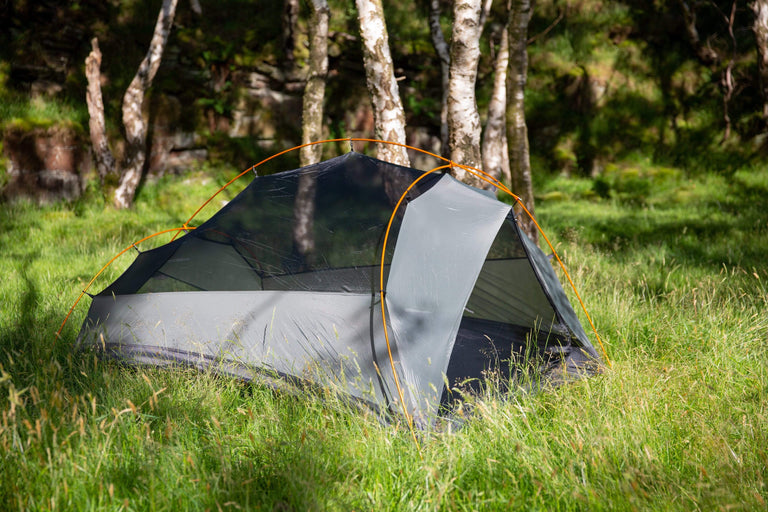
Roof tents bring adventure seekers comfort and convenience, offering an affordable alternative to traditional camping with a unique view on your travels.
Camping has always been about freedom, connecting with nature and escape from the daily grind. This companion guide to our range of roof tents will help you discover everything that is wonderful about having your own treetop apartment, and get you started on your roof camping journey.
The benefits of a roof tent
Sleep comfort
Roof tents add the endless possibilities of spontaneous adventure with the comfort and protection of a fixed bed for the night. It brings campervan-level sleep comfort with luxurious high density foam mattress.
Easy pitching
You probably have your pitching routine wired, but if the challenge of late night arrivals, pitching in bad weather, muddy or uneven ground is something you would prefer to avoid you will be delighted by how easy a roof tent is to erect. With a simple roof tent you can go from arrival to bed in 60 seconds.
Spontaneous adventure
How many times have you finished work on a Friday night and couldn't face the idea of rummaging through your garage to pull your camping kit together? With your bedroom on your roof and your go-box in the boot there will be no more missed opportunities.
Every day practicality
A roof tent sits on your car or vans roof bars with no material impact or modification to its bodywork. This is massive if you are leasing your vehicle. Some roof tents have enough capacity to store your bedding, freeing up your car for people and pets and bikes amongst other things.
Liveable space
Your roof tent is a little haven of civilisation where you can keep your clothes clean and dry. Somewhere you can relax in the evening with a soft light and a good book, leaving your muddy boots out of site under the car. Side pockets and space saving loft storage keep your living space clutter free.
Ventilation and comfort
Consider the benefits of having a tent that is not tied to the ground. Better airflow means you can stay cooler in the summer and enjoy reduced condensation all year around. With a sizeable layer of air between you and the ground you will be away from the worst of the frost in the colder seasons.
Being in nature without an open door to nature
Some of us like being in nature, but are a bit squeamish about letting nature share our spaces. Being raised off the ground you are less likely to be visited by creepy crawlies. Windows and doors come equipped with midge-proof panels so you can continue to enjoy the views without the irritation.
Where can use a roof tent?
You can use roof tents in campsites across Scotland, England and Wales, or on private land if you have the owners permission. Although wild camping rules in Scotland are less restrictive and wild camping is permitted under theScottish Outdoor Access Codethese access rights applyonly to non motorised recreation.
In addition camping management byelaws are in effect between 1st March and 30th September in areas such as Loch Lomond. You can apply for camping permits however not all permit zones are suitable for roof tents. Check out the Loch Lomond Park site for motorhome permit areas that are Roof Tent friendly.
If in doubt pitch up in one of Scotlands marvelous campsites. Respect nature and engage in responsible camping by leaving no trace, and help protect the environment and maintain its natural beauty for everyone to enjoy.
Choosing a roof tent
So a roof tent sounds great and they fit almost any vehicle from hatchback to van and pick-up, but before you get too excited and place your order check the limitations of your vehicle.
Will it fit my vehicle
Your car roof will have a weight limit, often referred to as the dynamic roof load (limit while in motion) and the static roof load (limit when stationary, usually around 5x the dynamic roof load), which is stated in your vehicle's manual.
This dynamic roof load limit determines the maximum weight of cargo (including roof bars) that can be safely carried on your roof while driving. Before purchasing or installing your roof tent please check that the combined weight of your roof tent and bars is within the stated limit of your chosen vehicle.
You will also need to check how far apart your roof bars are. Known as bar spread it is the distance between the front and back bars. Having these two pieces of information at hand will help you narrow down the options when you are researching your roof tents.
Hard-shell roof tents
These look very similar to the large roof boxes you will be used to using for extra stowage. They tend to be the most streamlined and the quickest to erect thanks to hydraulic struts that push the tent open. Thanks to their simple design they offer unrestricted panoramic views.
Soft-shell roof tents
These really look like an actual tent sitting top of your car. This design often extends out over the side of your car or van to provide even more space for 4 to 5 people. They tend to be a little more involved to erect but can benefit from greater airflow, and some have removeable fly sheets.
Do you need a mattress?
Roof tents come with a mattress provided. This is usually a high density foam mattress 5 - 10 cm thick saving you a lot of space inside your car.
Is it easy to open and close a roof tent?
Hard-shell roof tents tend to be easier to manage than soft-shell roof tents. Operations can be executed from the ground with hydraulic struts pushing the tent open, and straps provided to close down the tent after use.
Are roof tents waterproof?
Yes, they use the same waterproof materials as regular tents. A hard-shell roof tent offers the most durable protection.
How do you get in a roof tent?
If you can climb a ladder you can get into a roof tent. Ladders provided with roof tents are lightweight and collapsable. Most can be stored inside the roof tent when you are not using it.
How do you fit a roof tent?
Weighing in at over 50kg lifting and fitting a roof tent is really a two-person job. Once the tent is on your roof bars you can attach the tent using the brackets supplied and standard tools.
Extending your roof tent
If this is the start of your journey into roof tents there will be a lot more for you to discover. Roof tents are gaining in popularity and you can expect much more innovation in the coming years. One popular adaptation is to pimp up your roof tent with an awning to provide protection when you are sitting out or climbing your ladder. These can be as simple as a tarp to an awning that wraps around your vehicle.
A 'before you buy' checklist to roof tents
Consider these questions before adding a roof tent to your car camping adventures:
-
Compatibility: Will the tent fit your vehicle? Check your vehicles dynamic roof load, distance between roof bars and the max weight they can support.
-
Installation: Count on it being a 2 person job. Roof bars are not included with a roof tent so make sure you have these along with the right tools before you start.
-
Weight and size: As convenient as it is to leave your roof tent on your vehicle it will impact your vehicle's fuel efficiency and handling. Do you have somewhere to store it if you remove it for the winter?
-
Capacity: How many people do you need to squeeze in and how much storage space do you need.
-
Durability: How durable is the tent? Questions about the materials used, resistance to weather elements, and the longevity of the tent are common. People want a tent that can withstand various climatic conditions.
-
Ease of Use: How quickly do you want to be able to put the tent up and down? Will you have help or does it need to be achievable on your own.
-
Comfort: What kind of mattress and insulation does the tent offer? Comfort is a key concern, so potential buyers often ask about the thickness of the mattress, the type of insulation, and ventilation options.
-
Storage: Is there room for storing gear your kit in the tent? On longer trips, the ability to store clothing, gear, or even shoes in the tent can be a great advantage.
